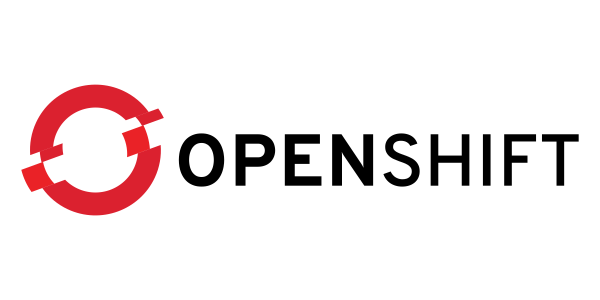Red Hat OpenShift Administration II: Operating a Production Kubernetes Cluster

Course Description
Red Hat OpenShift Administration II: Operating a Production Kubernetes Cluster (DO280) prepares OpenShift Cluster Administrators to perform daily administration tasks on clusters that host applications provided by internal teams and external vendors, enable self-service for cluster users with different roles, and deploy applications that require special permissions such as such as CI/CD tooling, performance monitoring, and security scanners. This course focuses on configuring multi-tenancy and security features of OpenShift as well as managing OpenShift add-ons based on operators. The skills you learn in this course can be applied using all versions of OpenShift, including Red Hat OpenShift on AWS (ROSA), Azure Red Hat OpenShift (ARO), and OpenShift Container Platform. This course is based on Red Hat® OpenShift® 4.12.
| Duration | Delivery Method | Mandatory Prerequisites | Who Should Attend |
|---|---|---|---|
| 5 days | Virtual – Intructor led |
|
|
Course Objectives:
- Deploying packaged applications using manifests, templates, kustomize, and helm.
- Configuring authentication and authorization for users and applications.
- Protecting network traffic with network policies and exposing applications with proper network access.
- Deploying and managing applications using resources manifests.
- Enabling developer self-service of application projects.
- Managing OpenShift cluster updates and Kubernetes operator updates.
Agenda:
- Describe the Red Hat OpenShift Container Platform
- Verify the health of a cluster
- Configure authentication and authorization
- Configure application security
- Configure OpenShift networking for applications
- Control pod scheduling
- Describe cluster updates
- Manage a cluster with the web console
